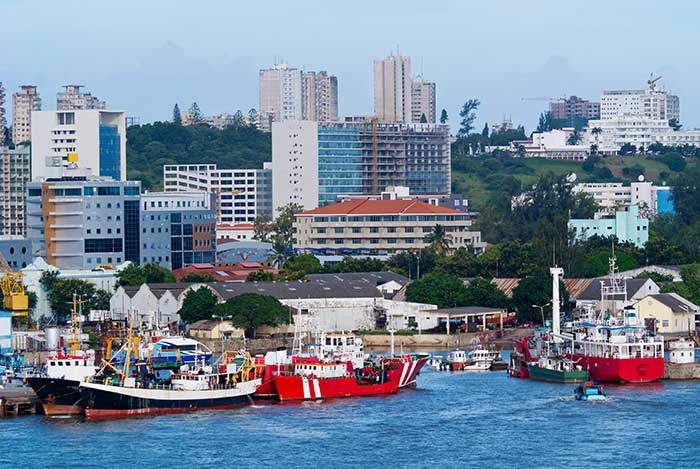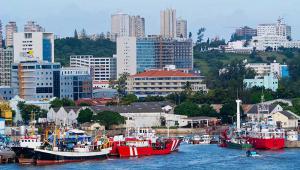web_maputo_shutterstock_135679997.jpg

A port in Maputo, the capital of Mozambique
The fund suspended its finance to the southern African nation last week after it emerged the country deliberately kept the existence of loans, taken out to purchase security equipment to protect big gas supplies discovered off Mozambique’s coast, secret from the IMF.
Michel Lazare, chief of the IMF mission to the southern African nation, said on Friday that the government had confirmed that it had concealed borrowing from the fund.
He welcomed the “extensive disclosure of information which constitutes an important first step towards full restoration of trust and confidence”.
Lazare added: “Looking ahead, the fund and Mozambique will work together constructively to evaluate the macroeconomic implications of this disclosure and identify steps to consolidate financial stability, debt sustainability and enhance governance and oversight of public enterprises.”
The suspension of the IMF’s programme pushes Mozambique towards a deeper financial crisis: the deficit is big, the currency is in tailspin and foreign reserves are depleted.
The scandal risks other donors following the IMF’s lead – disastrous for a budget that relies on aid as about a quarter of all finance.
The fund has suspended a $165m disbursement, part of a $268m emergency loan package agreed last October – and cancelled a visit to the country.
The country reportedly sent an emergency delegation to Washington to consult with the fund in hopes of getting an IMF team to come to Mozambique as scheduled.
The undisclosed loans, both of which went to state-owned companies, add the equivalent of around 10% of gross domestic product to the government’s known debt burden.
Mozambique had already been in trouble for issuing an $850m bond in order to set up a tuna fishing company, only to spend $500 on naval and security equipment.












